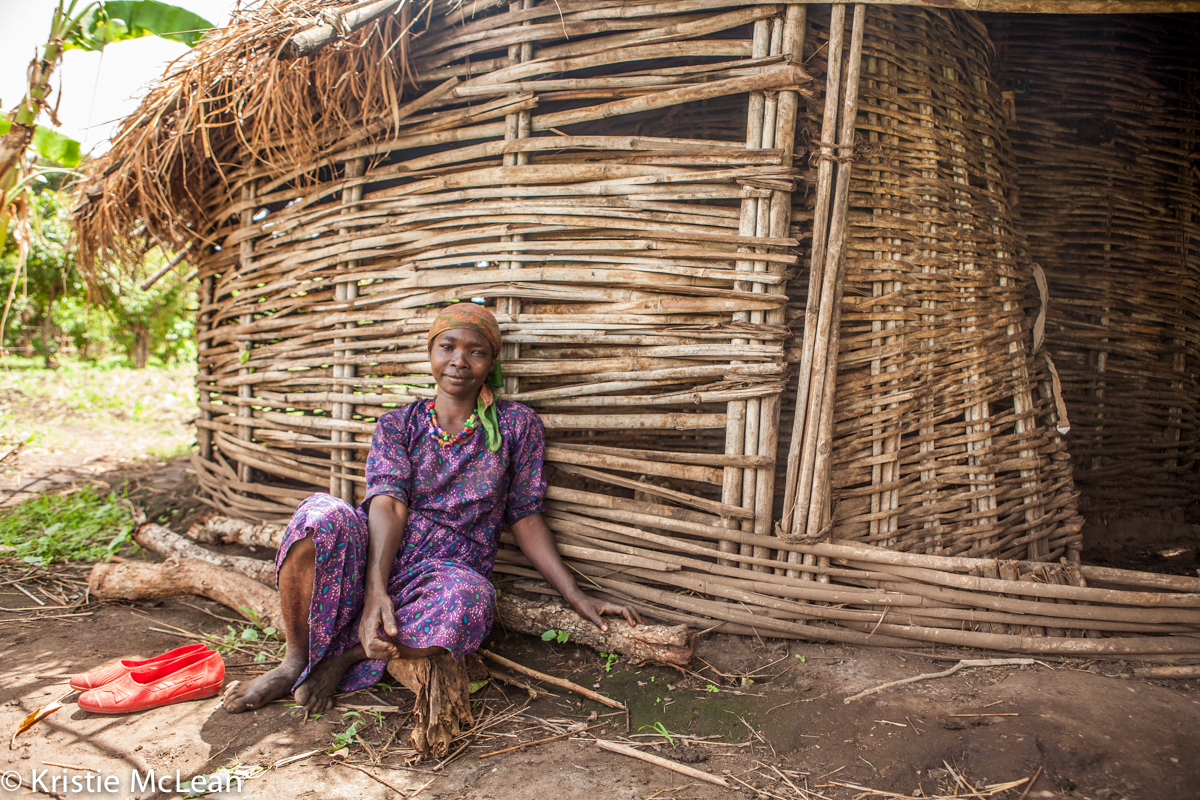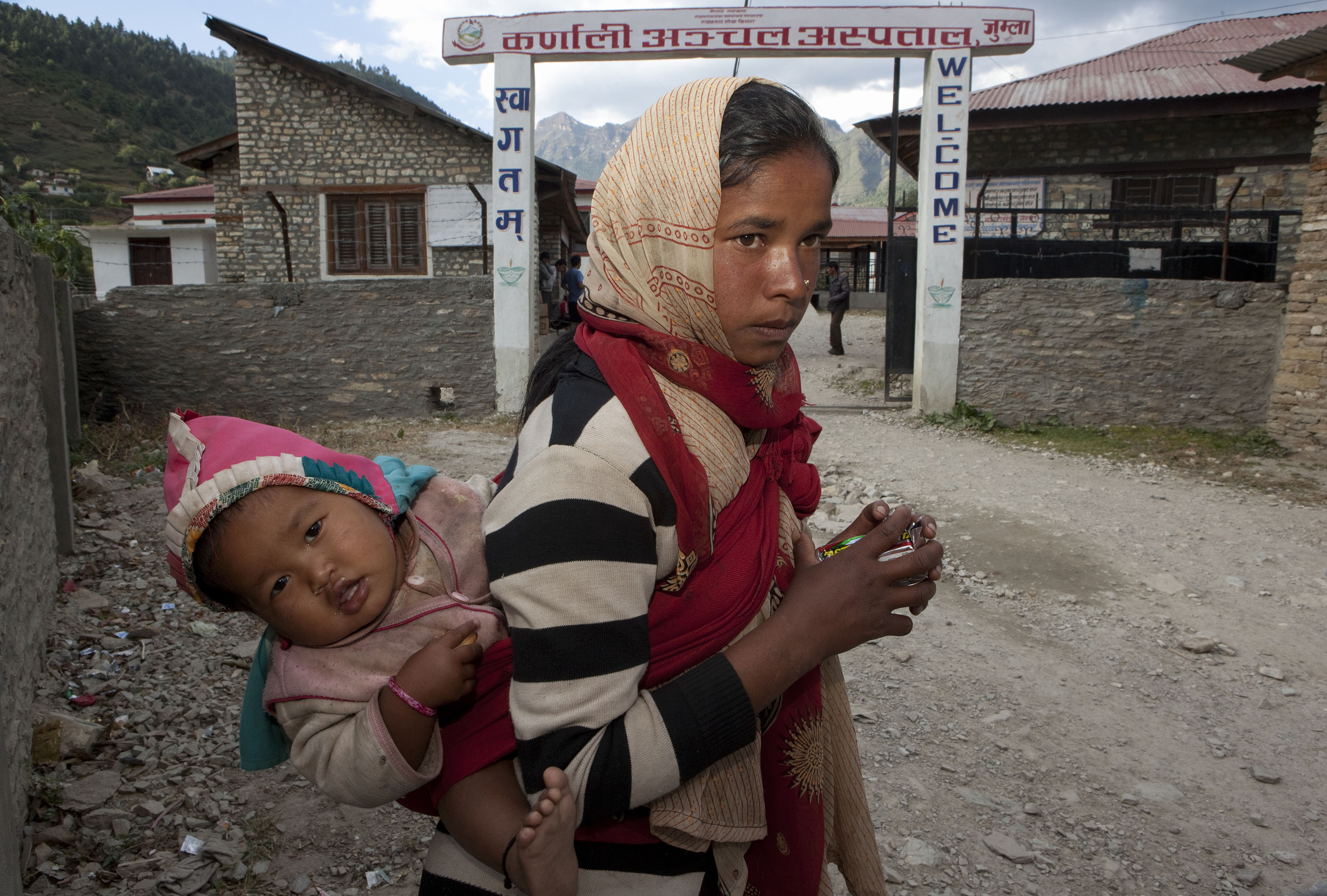Fistula Research Initiative
Obstetric fistulas are caused by prolonged obstructed labor, where the baby cannot pass through the birth canal. Due to limited access to emergency obstetric care, the baby often remains there for several days. This compresses the tissues of the vagina between the fetal head and the pelvic bones and causes significant tissue death (similar to a pressure sore). This leads to an obstetric fistula–a large hole between the vagina and bladder (and/or rectum), which results in unremitting urinary and often times fecal incontinence.
According to the UN Population Fund, there are approximately 2 million women around the world living with fistula, with 50,000 to 100,000 new cases every year. Although the hole, or fistula, can be closed surgically, only about 15,000 surgeries are performed worldwide each year, and the majority of women lack access to these surgeries. Nonetheless, in those who make the long journey to a surgery center, up to 50% of them remain incontinent even after the fistula has been closed, and therefore they continue to suffer the physical and social consequences of fistula.
Currently, obstetric fistulas are pandemic in areas where the majority of women deliver at home and do not have access to hospitals. These areas primarily include West Africa, Sub-Saharan Africa, and parts of Southeast.
Cultural Implications
The physical, social, and economic consequences experienced by a woman with fistula and incontinence are amplified by social and cultural factors. In many cultures where fistulas are common, prolonged labor is thought to be a punishment bestowed by God (or ancestral spirits) for adultery. The persistent incontinence and resulting urine crusted ulceration extending from the vulva to the feet make activities of daily living painful. The scarcity of water eliminates the potential for decent standards of personal hygiene.
The constant wetness is accompanied by an odor that makes sufferers unpleasant to be around. The incontinence leads to social isolation and abandonment by both immediate and extended family. Sufferers are often ostracized by society—forced from buses, unable to find employment, banished from social events, and compelled to live a life of shame and humiliation. In the words of one blind patient (treated by Dr. J. Kelly) who had been recommended to have her blindness treated first: “cure my fistula first…if I am blind people will come and sit with me and talk to me, but no one will come near me when I am wet and I smell”



